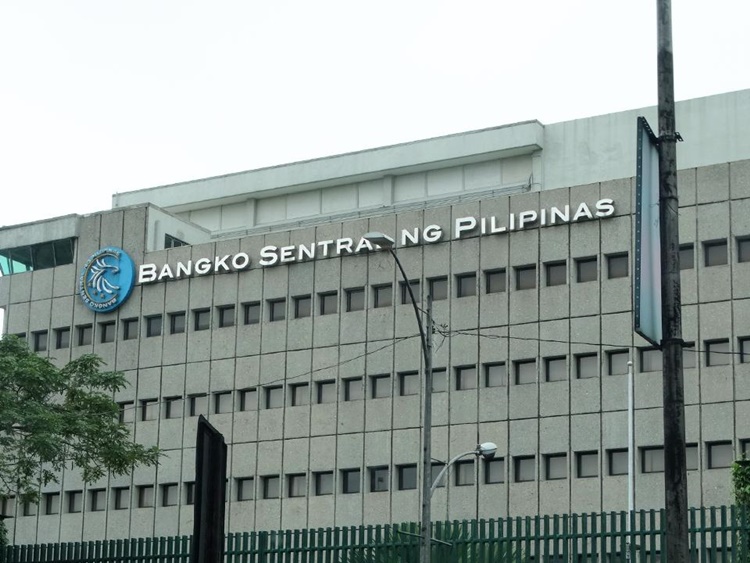Update from Bangko Sentral Over Cash Remittances from Filipinos Working Abroad
BANGKO SENTRAL – The Bangko Sentral ng Pilipinas (BSP) reported growth of cash remittances from the overseas Filipino workers (OFWs).
Undeniably, a lot of Filipinos are working abroad in the hope of giving their families a brighter future. They take chances hoping to land on a greener pasteur that can help them send their kids to universities with the liberty to choose the courses they want to take, acquire a house and lot for the family, put up a business, save for the retirment years, etc.
Truths be told that many Filipinos are looking after how much they can earn outside the country compared to how much they can earn when they stay here. The currency plays a vital role as well in this factor.
Filipinos abroad or overseas Filipino workers send a big part of their earnings to their families in the Philippines. Most do it through banks.

Recently, Bangko Sentral ng Pilipinas reported growth in cash remittances from OFWs in February. It state-run bank recorded a 5.1% growth from $2.358 billion in the same month last year to $2.477 billion this February 2021.
Based on the report, BSP said that the growth was noted mainly from remittances from the United States, Singapore, and Malaysia. U.S. topped the list at 41% for the first two (2) months in 2021. It was followed by Singapore, Saudi Arabia, Japan, UK, UAE, Canada, Malaysia, Taiwan and Qatar.
From January to February, the personal remittances from OFWs reached $2.671 billion. In same months in 2020, Bangko Sentral recorded $5.566 billion in personal remittances from working Filipinos abroad. There is a 1.6% growth noted by the bank.
It was in 2020 when the COVID-19 pandemic started. A lot of people experienced changes in their jobs and income and there are even those who lost their jobs. It is one possible reason for low records in cash remittances in 2020.
Thank you for visiting Moneysense.ph. Feel free to express your thoughts, reactions, or comments below.
READ ALSO: World Bank, IMF Push for “Green” Investments in Exchange of Debts of Poor Countries
